What's the truth of Scandinavian society? We asked a Dane living in Norway for her story of growing up ‘in the system' and what the Nordic model means today.
It is funny to see how the global media portray the Nordic welfare model. Sometimes described as fairytale states and other times like a socialism nightmare. This is what I experienced growing up and living in the Scandinavian societies.
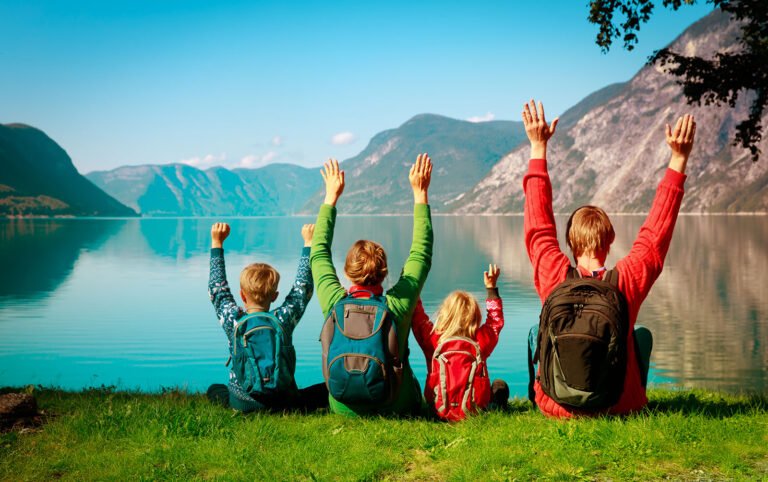
Have you ever wondered how it would be to live in a Scandinavian society? The Nordic countries are often described as welfare capitalists countries.
I’m born and raised in Denmark and now living in Norway. I have all my life been a part of the Nordic Model that often is facing wonder and resistance.
A product of the Nordic model
While reading this you should keep in mind that I am a product of the system. All systems have their good and bad sides.
As a kid I learned in school about The Nordic Model and how the Nordic countries have succeeded with having free market activity but with government intervention to distribute goods equally in society.
Read more: Scandinavian ‘Socialism’: The Truth of the Nordic Model
There are differences between the Nordic countries but the system builds on the same principles. The one with the highest salaries contributes the most to society while the ones with a low or no income are able to get more help from the state.
All citizens have the same rights to access free healthcare, free schools, free libraries and so on. All this comes with a price tag. I will return to this later.
Growing up in Scandinavia
Growing up in Denmark I did not pay much attention to the fact that I was able to enter a good public school for free, visit the doctor and dentist for free.
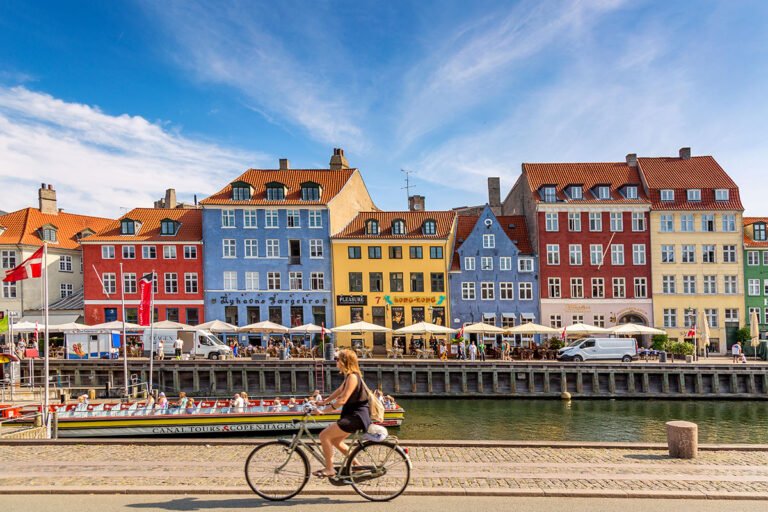
Even though my parents had a low income they could still manage to raise me and my three siblings so we had the same opportunities as other kids from more wealthy families. They did not need more than one job to make it work.
My mom had almost a year of paid maternity leave with each of her children and when she started working again my parents used the subsided kindergartens to look after us.
My childhood was safe and careless. My mom did as many other Scandinavians let her babies sleep outside in a baby carriage. You will also see this happen even in public places if you visit one of the Nordic countries. In some towns it is also normal to leave your house without locking the door.
There is a high level of trust in other people, police, legal justice and even the government in the Nordic countries. The crime rates are low and the level of corruption is low.
Money for studying
I do not think I made any bigger reflections about living in the Nordic welfare state before I was on exchange in Tasmania when I studied to become a journalist. Here I met students from all over the world and with totally different backgrounds than my own.
It was a subject among my fellow students how they managed to pay for education and the time abroad in Australia. It felt a bit weird saying that I did not pay anything for my education. Education is free in Denmark, I explained. You can choose any university and with good grades – any degree.
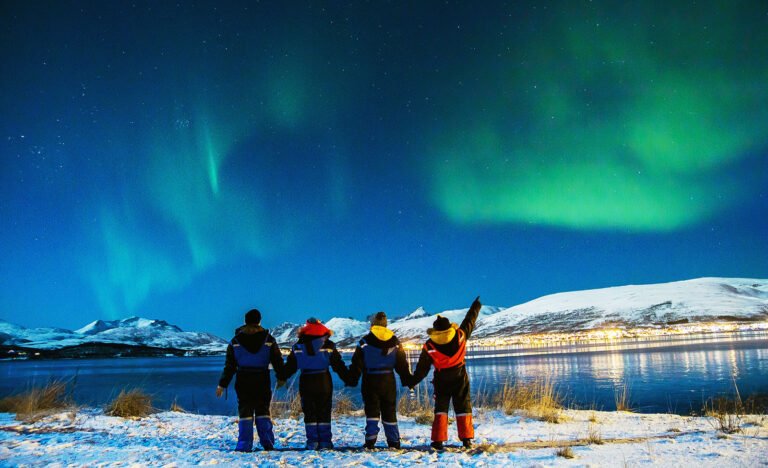
It was even a bit embarrassing when I told them that I monthly received a scholarship of around 600 dollars from the Danish state. “What!? You receive money for studying?” said they in disbelief.
This even called on a reaction from my Norwegian friends. Norwegians borrow the scholarship and it’s not unusual that Norwegians have a study debt when they finish their university degree.
Thanks to the Danish system I could manage to finish my degree in Journalism without borrowing a penny. I did however have jobs on the side because living costs are high in Nordic countries. I feel very grateful that I did not have to stress about money while studying.
The tax
The free education and healthcare of course comes with a price. While I was living and working in Denmark I paid around 46 percent of my salary in tax. Bye money.
Denmark has one of the highest tax burdens in the world. The tax differs from each Nordic country and so do the social rights. For example you pay for a doctor consultation in Norway while this is free in Denmark.
The majority of the political parties support the Scandinavian model. Income tax and tax distribution are regularly debated among the political parties but no one is really talking about canceling the model.
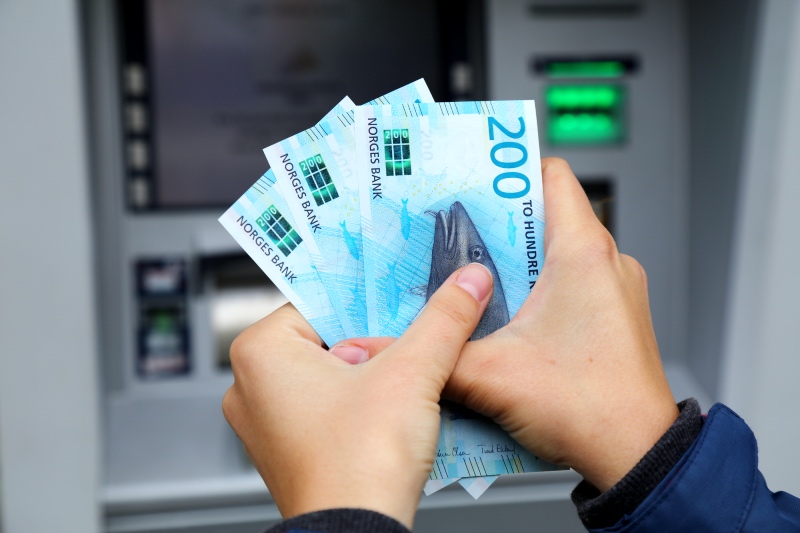
When you have a large amount of government, you do not always have the right to decide your own way of life. You will face rules and regulations if you stand too much out from society norms. Sometimes this can be seen as a unification of society as equality and fairness are strong priorities.
Challenges in a welfare state
You get used to the benefits of living in a welfare state and in such a way that you blame the government or the state if something is wrong. Many people have huge expectations of the state offering good service in elder homes, schools, hospitals, etc.
Many Nordic countries face challenges such as a growing elderly population in need of healthcare and trouble with providing the need with a smaller working population.
You will often see stories in Danish media of weak elderlies not getting good enough care. They miss showers and cleaning. In other countries the families take another individual responsibility of their elder family members. Living three generations under one roof is unusual in Denmark and people expect the state to take care.
As the population balance shifts the other way, benefit reductions are a likely outcome. In Denmark, social reforms have spawned strong reactions and it can be a losing cause for the government.
Also immigration has been a hot topic for several years. Some newcomers are seeking the Nordic countries to enjoy generous public benefits.
Some of the newcomers often come from countries without a long history of making decisions on behalf of the common good.
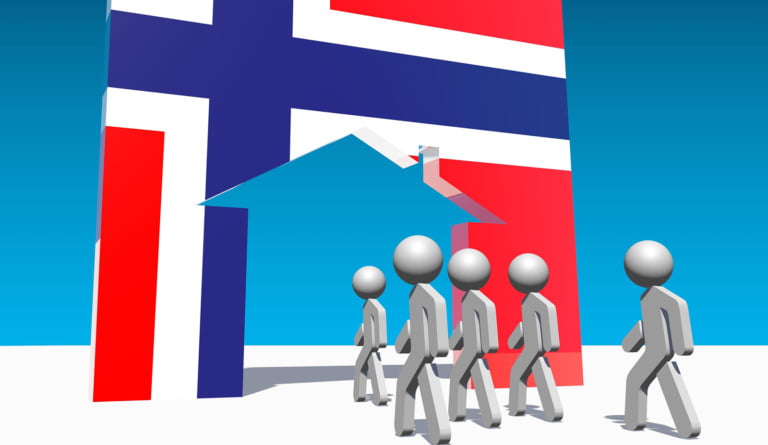
Immigration to the Nordic countries has caused division in politics and society across the region. As a result, it is now much harder for foreigners to become residents in Denmark.
A happy Scandinavian
In spite of high taxation, high government intervention, cold weather and the dark winters I’m happy and grateful to be born in a Nordic country. Despite coming from a family with no longer education, I could still get the education I aimed for.
I feel safe because there is social security if I lose my job, get sick or in any other way gets in trouble. And I like the fact that I contribute to a common good.
The standard of living in a Nordic country is high and most people are able to create a good living for themselves and others.
Read more: Denmark v Norway: Two Scandinavian Countries Compared
Even though I sometimes dream about living in a completely different country with another society structure, I’m getting too comfortable to leave because life is good and comfortable in the north.


I so enjoy hearing information about Norway and Sweden ! Thank-you! I was raised in U.S. however my parents were born and raised in Norway and Sweden. When I was growing up, our food and customs were totally Scandinavian so to this day, feel more Scandinavian then American. my parents are passed, but I guess it’s in DNA.
This is a fascinating exploration comparing both Norway and Denmark. What you talked about these two countries, to a large extent, I agree with you because I am also an international student in Norway.